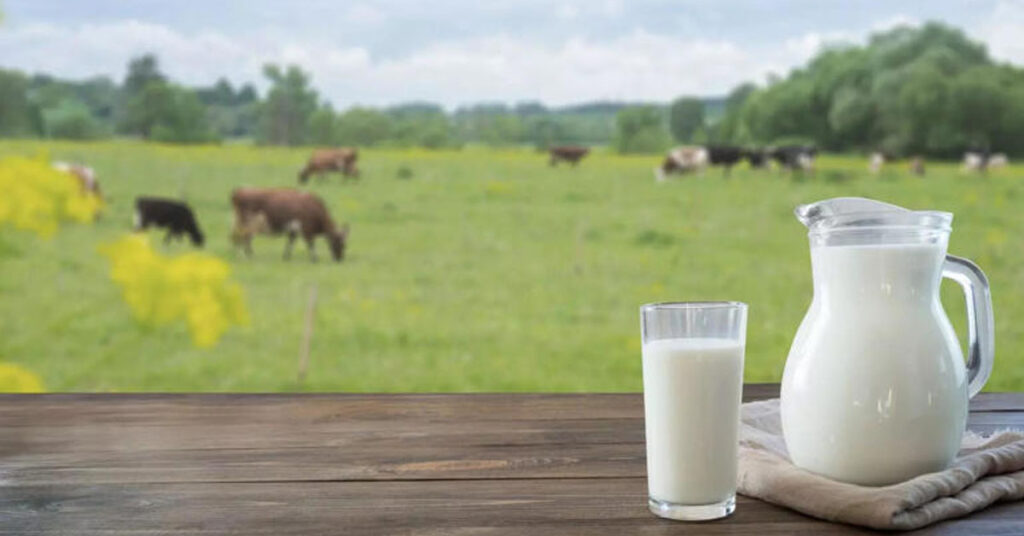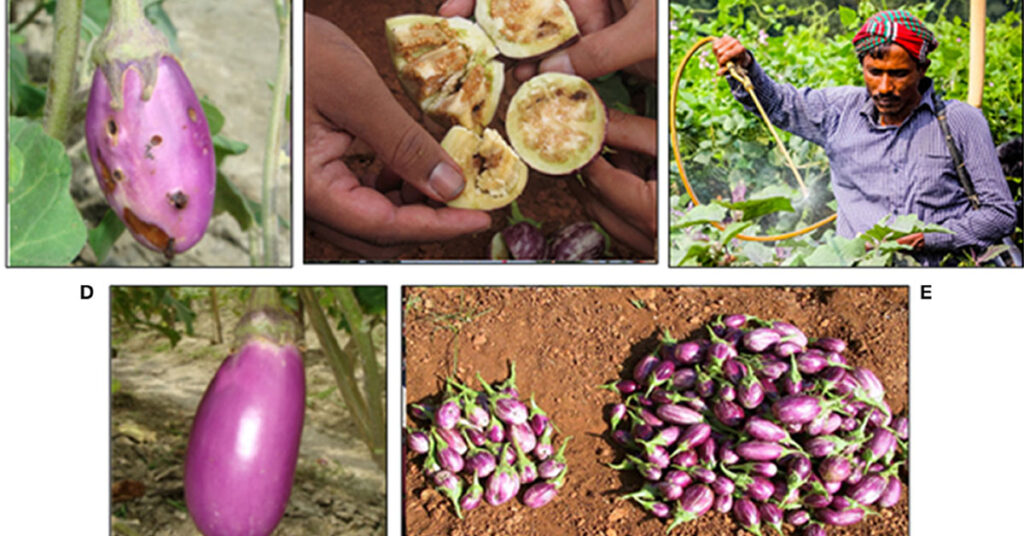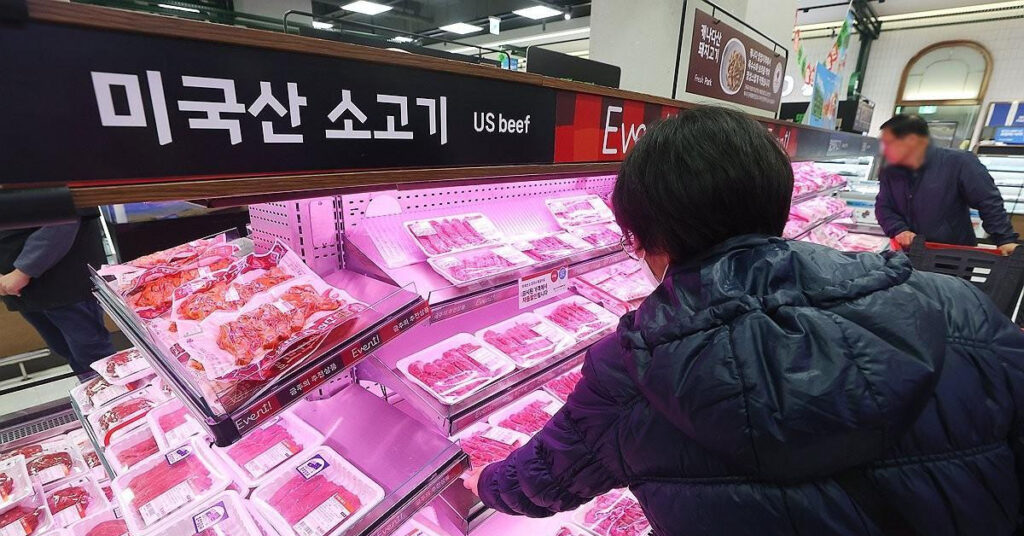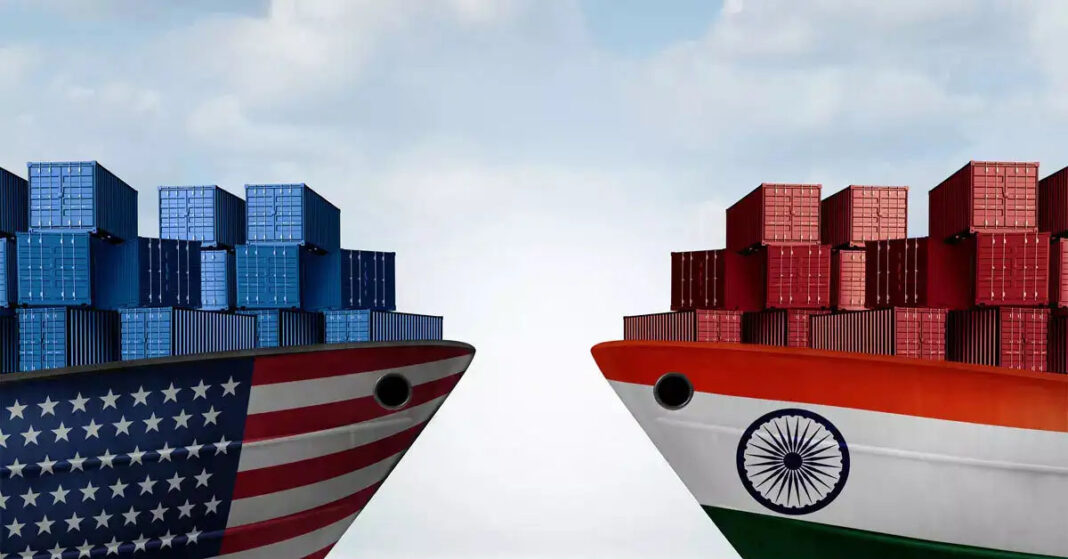The United States has announced a 50% tariff on Indian imports, marking the highest rate among targeted nations, after months of failed trade negotiations. The primary sticking point: India’s refusal to open its agricultural and dairy markets to American products, including what New Delhi terms “non-vegetarian milk”.
Table of Contents
India is not alone in resisting U.S. demands. South Korea, Canada, Switzerland, and Iceland have also declined to sign agricultural and dairy trade agreements with Washington under the Trump administration. Here’s why these five nations are standing firm.
India Rejects ‘Non-Vegetarian Milk’ Imports
The U.S. has pushed for its dairy products—milk, cheese, and ghee—to enter the Indian market. However, India, the world’s largest milk producer employing millions of small farmers, fears such imports could severely harm local producers.
Cultural and religious factors add to the resistance. In the U.S., dairy cows are often fed nutrients containing animal-derived enzymes, such as rennet made from cattle bones. India considers milk from such cows non-vegetarian, making it unacceptable for consumption in many parts of the country.

The Indian government has set a strict condition: any dairy product sold in India must certify that it comes entirely from vegetarian sources.
GMO Crops: Another Sticking Point
Beyond dairy, the U.S. wants lower Indian import duties on wheat, rice, soybeans, corn, and fruits like apples and grapes. India maintains high tariffs to shield its farmers from cheaper imports that could disrupt local markets.
The U.S. is also a leading producer and exporter of genetically modified (GMO) crops, but India has banned all GMO food crops except cotton. The Indian government and farmer unions argue that allowing GMO crops would threaten food security by giving foreign companies too much control over seeds and farming.

Health and environmental concerns further fuel public opposition to GMO products in India.
South Korea: Protecting Rice and Beef Markets
The U.S. has imposed a 15% tariff on South Korean goods after Seoul refused to fully open its rice and beef sectors. While South Korea will still purchase $100 billion in American energy and invest $350 billion in U.S. projects—granting many U.S. goods tariff-free entry—it has kept tight restrictions on agriculture.
South Korea bans beef imports from American cattle older than 30 months, citing mad cow disease risks, as the illness is believed to be more common in older cattle. Despite this, South Korea remains the largest buyer of U.S. beef, purchasing about $2.22 billion worth in 2024.

Seoul also enforces strict GMO regulations and farmer groups have warned the government not to sacrifice domestic agriculture under American trade pressure.
Canada: Tariffs Up to 300% on Dairy and Poultry
The U.S. has slapped a 35% tariff on Canadian goods, partly over Ottawa’s recognition of Palestine as an independent state. But agriculture remains a central issue.
Canada operates a supply management system for dairy, poultry, and eggs, which controls production levels to match domestic demand. This ensures stable prices for farmers while avoiding oversupply.
Foreign dairy and poultry products face very high import tariffs—sometimes exceeding 200–300%—along with strict import quotas. This policy effectively keeps foreign products out and secures the market for Canadian producers.
Switzerland: High Tariffs to Protect Farmers
The U.S. has imposed a 39% tariff on Swiss imports, citing a massive trade imbalance of $45 billion. Switzerland applies some of the highest agricultural tariffs in Europe, especially on dairy and meat, to protect its farmers from cheaper foreign goods.
Around 25% of Swiss agriculture is tied to dairy production. The government actively supports farmers through subsidies and guaranteed purchase programs, ensuring rural livelihoods and environmental protection.
Iceland: Subsidies and Tariffs Safeguard Agriculture
Although the U.S. tariff on Iceland stands at just 15%, Reykjavik remains on Washington’s list of resistant nations. Iceland heavily subsidizes its farmers and maintains steep import tariffs on agricultural and dairy products to protect domestic food security.
The government also limits foreign market access to prevent dependency on imports and offers direct financial aid to local producers.
Why the U.S. Is Targeting These Countries
The U.S. trade strategy under the Trump administration focuses on reducing barriers for American agricultural products. Nations that refuse to open their markets face punitive tariffs.
In all five cases—India, South Korea, Canada, Switzerland, and Iceland—the resistance stems from protecting domestic farmers, food safety, and cultural values. While tariffs may increase trade tensions, these countries appear ready to absorb the impact rather than compromise on core agricultural policies.
The Bigger Picture: Agriculture as a Strategic Sector
Agriculture is more than just an economic sector for these nations—it’s tied to food security, cultural heritage, and political sovereignty. Opening markets to U.S. dairy, meat, and GMO crops would likely benefit American exporters, but could reshape local farming industries in ways these governments see as harmful.
With both sides unwilling to yield, trade talks remain stalled. Analysts warn that prolonged tariffs could strain diplomatic ties further, especially with India–U.S. relations already tested by disputes over technology, defense, and climate policy.
US-India trade dispute, non-vegetarian milk, dairy import ban, GMO crops, agricultural tariffs, South Korea beef restrictions, Canada supply management, Switzerland dairy tariffs, Iceland agricultural subsidies.










